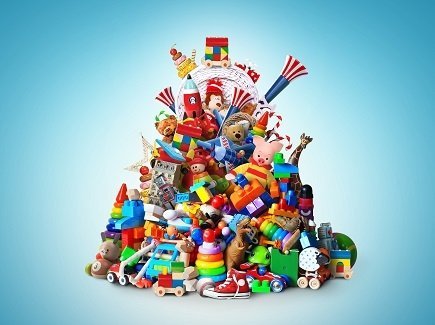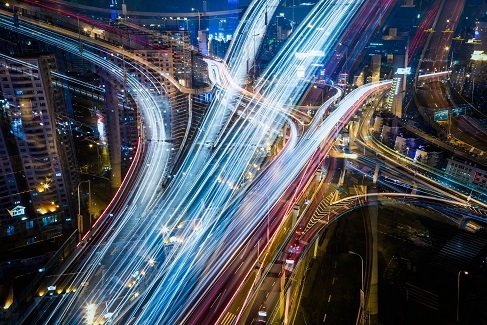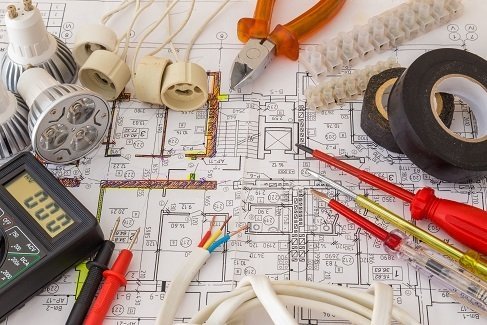When you took a shower this morning, you probably used more water than the average African family uses in an entire day!
It’s easy for Americans to take their water use for granted. We just turn a handle and it flows from the faucet. We drink it, cook with it, and wash our clothes in it. We flush it, spray it, and even play in it.
Each American’s water usage is an estimated 80-100 gallons of water per day. The largest water use at home is from flushing the toilet and bathing or showering. Do Americans use too much water?
Water everywhere, but not a drop to drink
 Even though water covers 75% of the Earth’s surface, less than 1% is fresh water humans can drink or use in food preparation. The EPA reports the rest is frozen in the polar ice caps, inaccessible for use, or salt water in the oceans. The Earth’s water supply remains constant, but is sometimes affected by droughts and, according to the Environmental Protection Agency, climate change could increase stress on water resources.
Even though water covers 75% of the Earth’s surface, less than 1% is fresh water humans can drink or use in food preparation. The EPA reports the rest is frozen in the polar ice caps, inaccessible for use, or salt water in the oceans. The Earth’s water supply remains constant, but is sometimes affected by droughts and, according to the Environmental Protection Agency, climate change could increase stress on water resources.
Demand for water usage continues to increase as the world population grows and the demand for water rises. UN Water forecasts that 1.8 billion people “will live in absolute water scarcity” by 2025 and two-thirds of the world population will have very limited water resources.
 Global differences in water quality and consumption
Global differences in water quality and consumption
Americans either purchase water from their local water department and it comes to their home through pipes from a water tower or a water treatment plant, or those living in more rural areas have a water well near their home that taps underground water sources and the water is pumped through pipes to the residence.
But those living in undeveloped countries have to walk an average of four miles a day to get water from a well or other source that may not even contain clean water. Dirty water, and the poor sanitation which results, cause 1.6 million deaths per year according to the World Heath Organization.
Rethinking water usage
There is not a lot that those with good water supplies can do to help those without it to get more water, but experts hope that the Western world can provide support and education to undeveloped countries. It would also help for all to realize that water is probably the world’s most valuable resource and to use it responsibly.
There are simple steps to take to reduce water usage. The easiest solution is to make sure the toilet is not running, the faucet is not dripping, and that all water leaks are repaired. A “low-flow” shower head cuts water use in half, and showering instead of taking a bath saves a lot of water. Turn off the faucet when brushing your teeth or shaving. Purchasing EnergyStar appliances, such as dishwashers and clothes washers, saves a lot of water and electricity.
Efficient water usage will save money, energy, and – most importantly – water. Less waste of water down the drain means more water available for necessary uses, and helps to keep water at safe levels to protect both our health and our environment.







Leave A Comment
You must be logged in to post a comment.